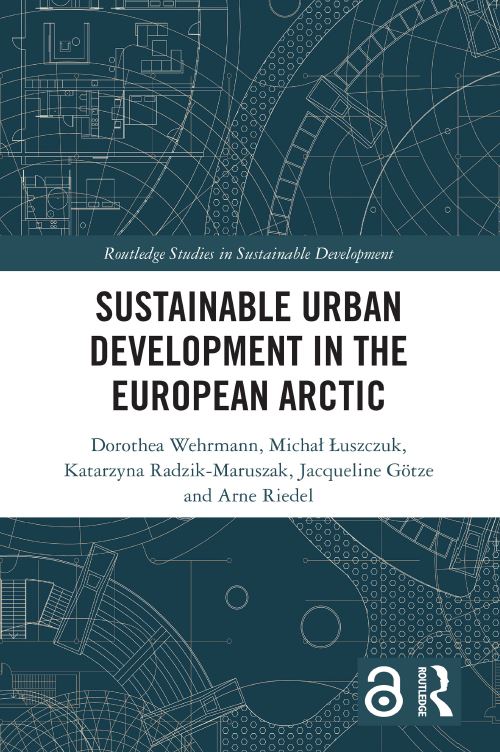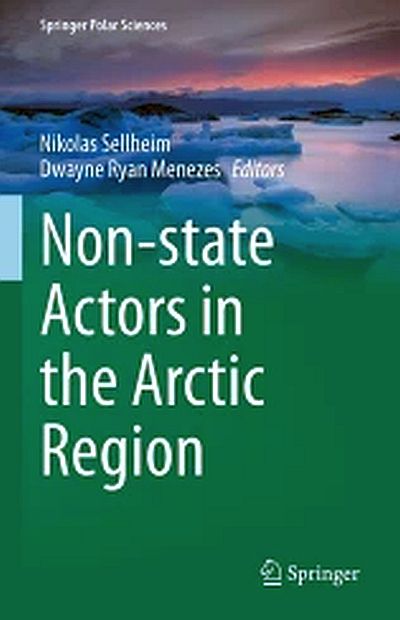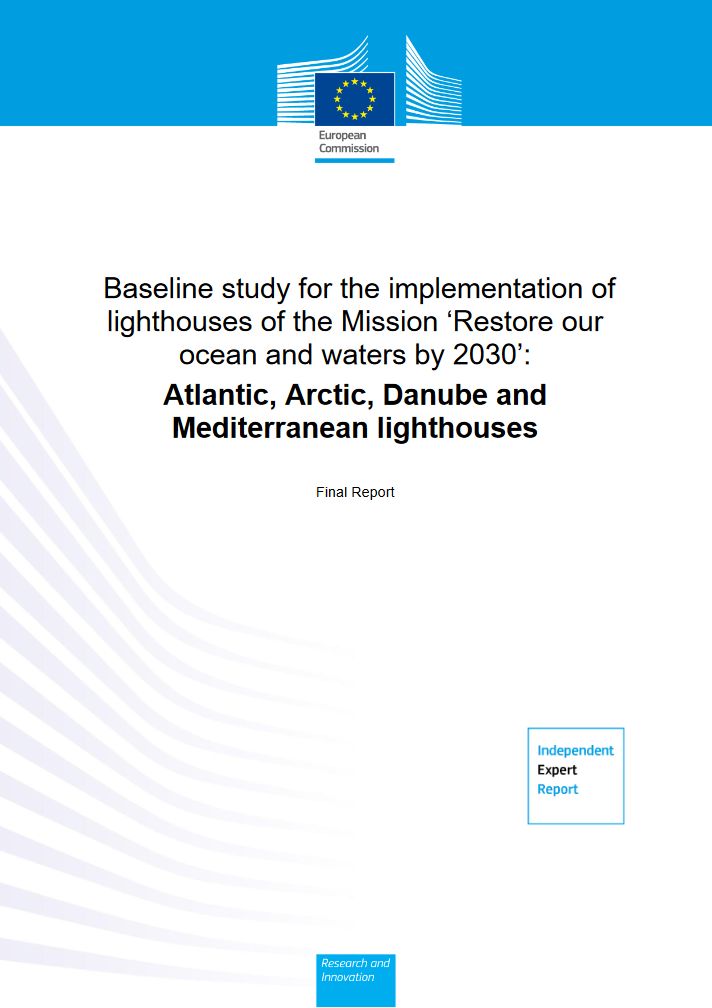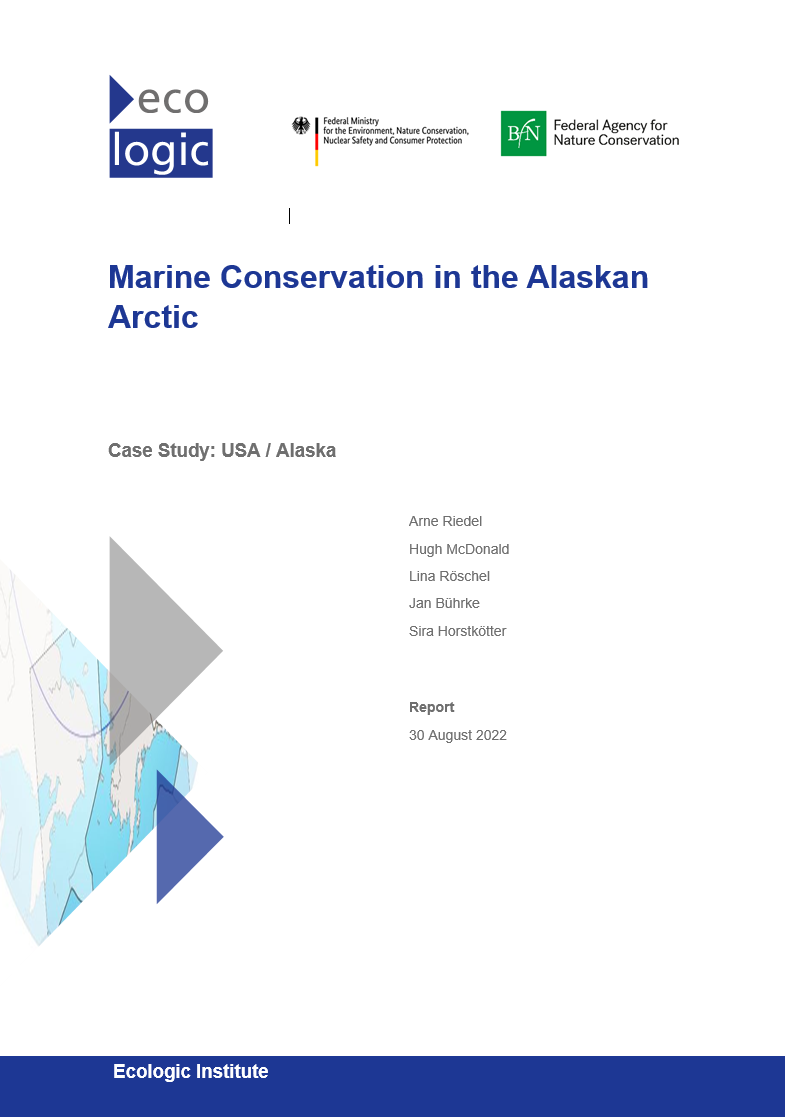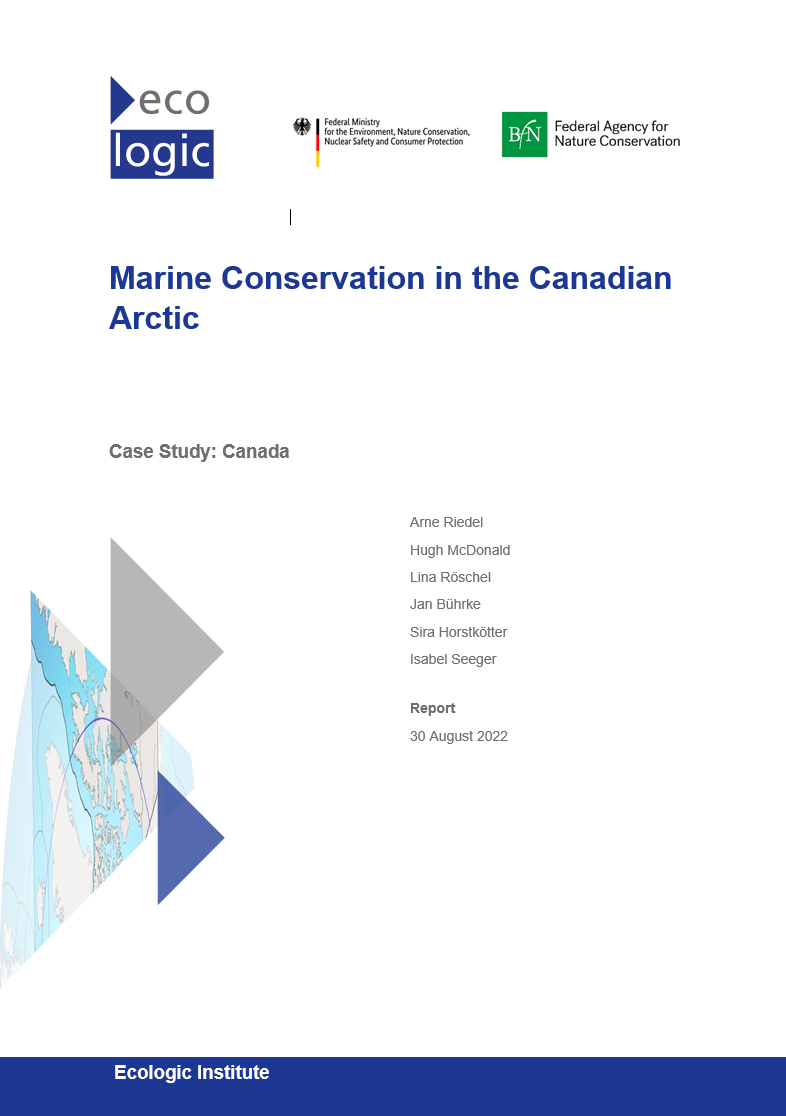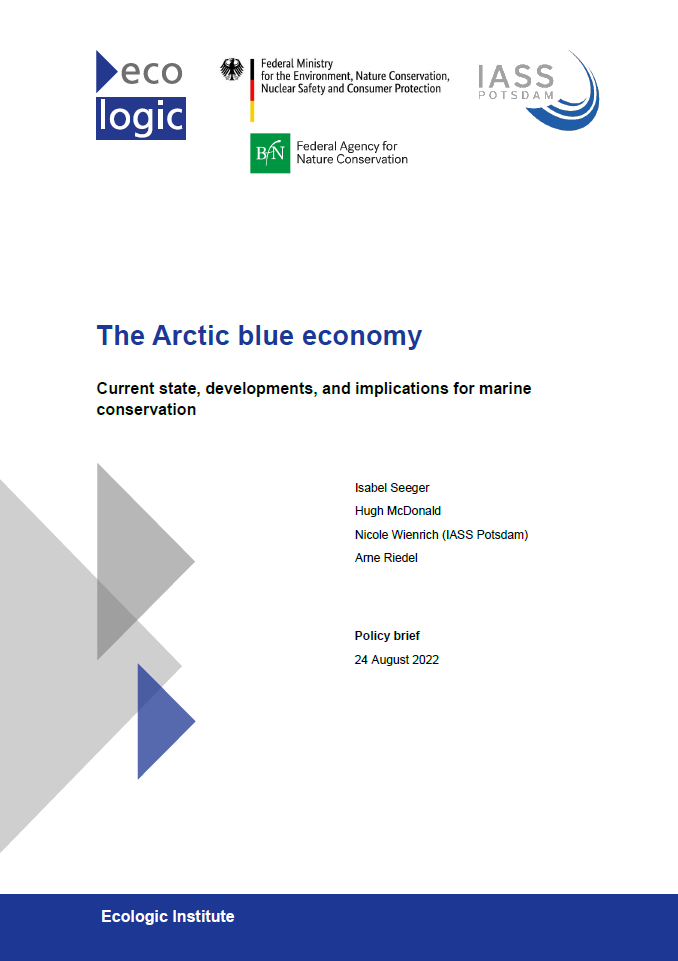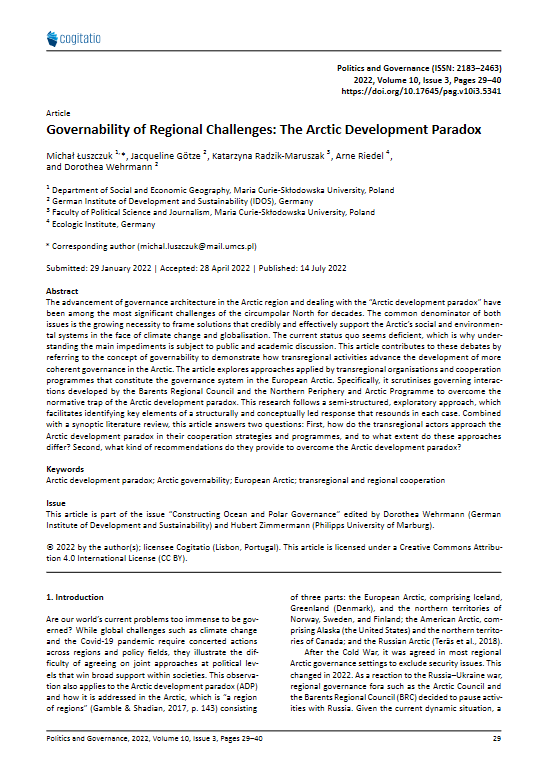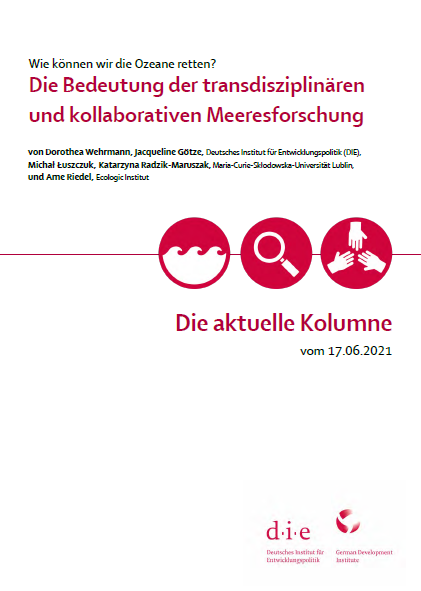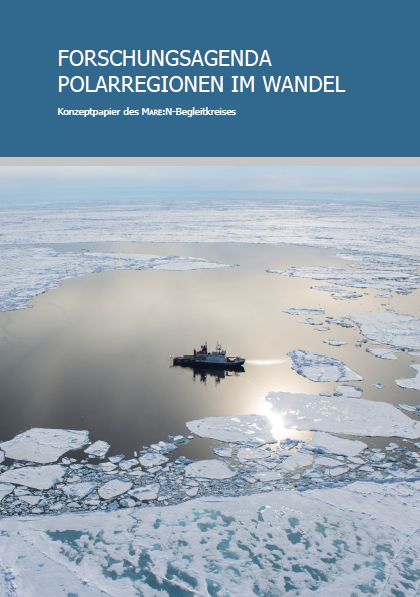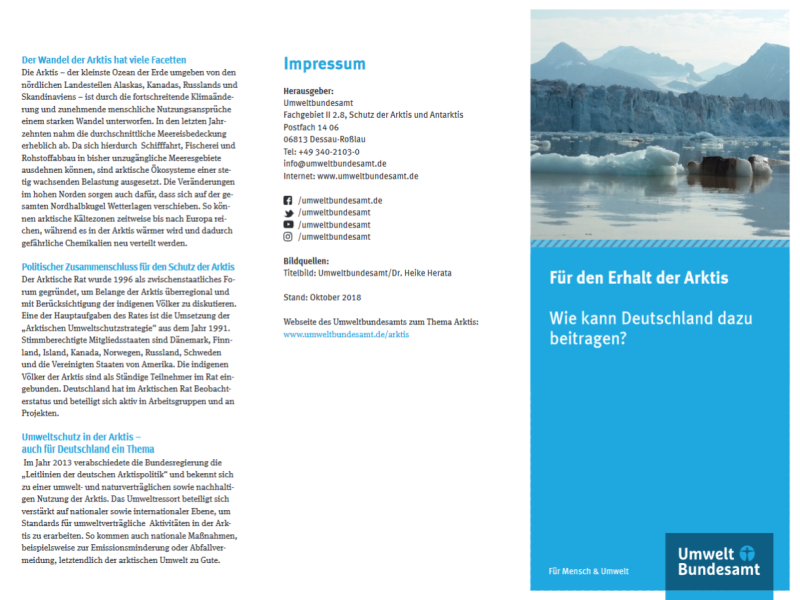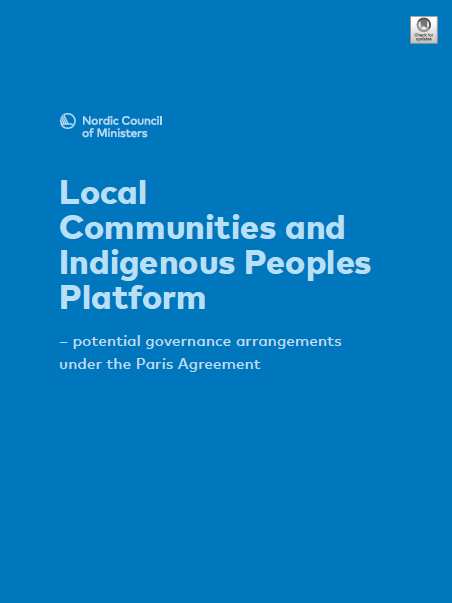Publication:Book
Publication:Book Section
Publication:Report
Baseline Study for the Implementation of Lighthouses of the Mission 'Restore our Ocean and Waters by 2030'
Atlantic, Arctic, Danube and Mediterranean lighthouses
Year
Read morePublication:Case Study
Publication:Case Study
Publication:Policy Brief
The Arctic Blue Economy
Current state, developments, and implications for marine conservation
Year
Read morePublication:Article
Publication:Podcast
Publication:Article
Die Bedeutung der transdisziplinären und kollaborativen Meeresforschung
Wie können wir die Ozeane retten?
Year
Read morePublication:Book Section
Publication:Report
Publication:Fact Sheet
Publication:Video
Publication:Postcard
Publication:Postcard
Publication:Flyer
Publication:Postcard
Publication:Report
Local Communities and Indigenous Peoples Platform
potential governance arrangements under the Paris Agreement
Year
Read more